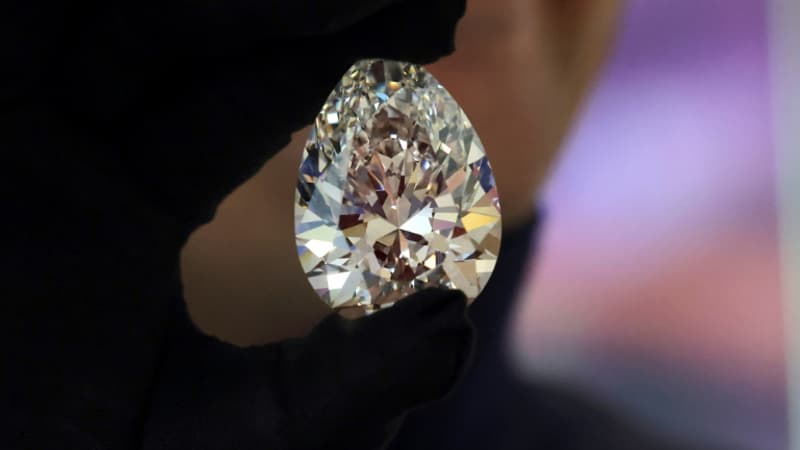A reverse remake of the great James Bond classics. With the new sanctions decreed by the European Union and the G7, Westerners do not send “good kisses to Russia” and judge that “diamonds are not eternal.” Also in these terms, the President of the European Council, Charles Michel, ironically announced the new European sanctions at the G7 summit in Hiroshima, Japan.
After the UK, the EU should limit trade in many Russian mining products, such as diamonds. The latter had so far escaped the series of sanctions.
Belgium lifted its reservations
Belgium, for which the gemstone trade amounts to 12 billion euros a year, opposed sanctions on diamonds. The industry federation, the Antwerp World Diamond Centre, estimated that such an embargo would deprive the industry of 30% of its activity. But Belgian deputies allayed their reluctance at the end of April by voting for the authorization to ban imports of Russian diamonds.
When effective, these sanctions could deprive Russia of substantial financial gain. In 2021 it would have exported 4.7 billion dollars in diamonds, which makes it the eighth exporting country in the world. Diamonds account for around 1% of the value of Russian exports, making them the 13th most important resource behind oil products, gas, gold and aluminum.
1,000 million euros to finance the war
Founded in 1993 at the time of the privatization of mining by former President Yeltsin, the Russian company Alrosa is today the largest diamond producer in the world ahead of the famous De Beers.
Until this week it was led by Sergey Ivanov, a close associate of Vladimir Putin subject to Western sanctions, who has just been replaced as CEO by Pavel Marynichev, a senior Kremlin-appointed officer who owns 33% of Alrosa’s capital.
The group based in Yakutia, in Eastern Siberia, recorded a net profit of 91.3 billion rubles in 2021 (1.05 billion euros at current exchange rates). A sum that would be used, they accuse the West, to finance the Russian war effort in Ukraine.
India collateral victim of sanctions
The leaders of the G7 countries meeting in Hiroshima are considering how to collectively stifle the Russian diamond trade, in particular by resorting to high-tech tracking methods. The UK went further by announcing that it would completely ban Russian diamonds.
A prospect that in turn risks weakening India and, in particular, the port of Surat, in the Indian state of Gujarat, the diamond platform already rocked by supply cuts and falling demand. About 90% of the world’s diamonds are cut and polished in this port in India’s westernmost state.
In all, nearly a million people, including traders and suppliers, work in this Gujurat industry that buys a third of its rough diamonds from Russian mining giants, including Alrosa.
But after the invasion of Ukraine, the offer was reduced under the effect of Western sanctions that excluded Russia from the Swift international banking system.
At the same time, Indian exports of cut and polished diamonds have collapsed, and American and European companies are already refusing to buy diamonds from Russia.
Source: BFM TV


